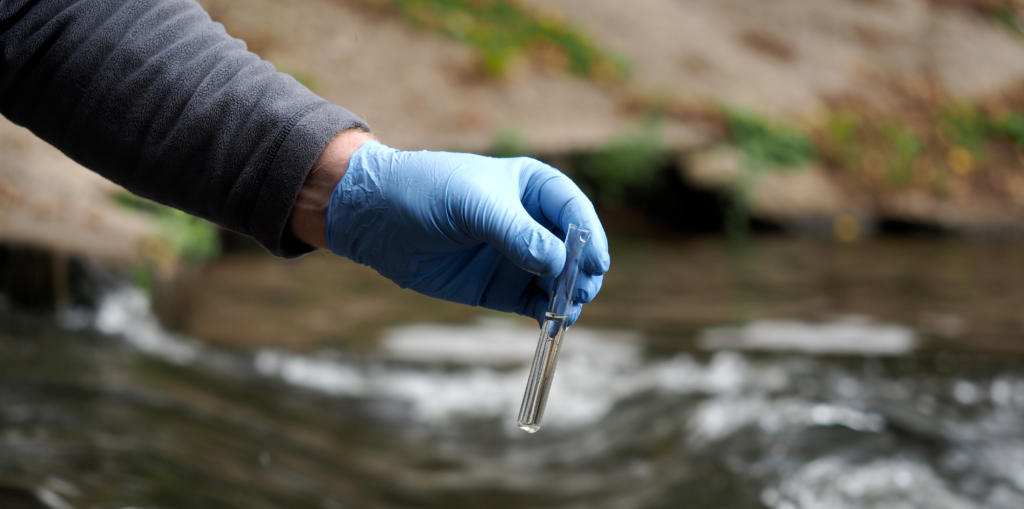
The day-to-day running of busy boatyards can make it hard to keep track of everything that’s going on at one time, but pollution is an area that needs your full attention, as Planning and Environment team partner Chris Tofts explains.
Boatyards across the UK are at risk of prosecution by the Environment Agency if they do not meet environmental protection laws; contained in the Environmental Permitting (England and Wales) Regulations 2016.
What the anti-pollution laws mean for you
In brief, the laws mean that any boatyard or individual working in a boatyard will be committing an offence if they knowingly allow an unauthorised ‘water discharge activity’ without having an environmental permit.
A water discharge activity includes:-
The discharge or entry to inland freshwaters, coastal waters or relevant territorial waters of any—
(i) poisonous, noxious or polluting matter,
(ii) waste matter, or
(iii) trade effluent or sewage effluent;
The legislation purposefully doesn’t define what kinds of pollutants are covered, instead focussing on whether the discharge falls within the descriptions above (which are given their ordinary meanings). This provides scope for investigators to classify a number of standard boatyard activities as potentially amounting to unauthorised water discharge activities.
Standard activities at a boatyard, such as cleaning vessels but not intercepting and treating the runoff, fuelling vessels, or emptying out waste tanks on larger vessels, for example, all have the potential to be a ‘water discharge activity’ if not carried out with appropriate care and planning.
Under the regulations, virtually all bodies of water are covered, ranging from inland rivers, estuaries, coastal waters and the UK’s territorial waters stretching 3 nautical miles out to sea.
Similar offences exist in respect of groundwater. It’s worth noting that boatyard operators can face prosecution for water pollution offences even if not directly responsible. As an example, if an operator stores fuel tanks near a body of water, they could be charged with causing the pollution offence even if someone not associated with the boatyard released fuel from the tanks and it then found its way into the water; the prosecutor would have regard to the layout of their operations and measures for stopping that pollution.
Possible exemptions
Where an operator has an environmental permit which allows a water discharge activity, like discharging treated sewage effluent, they will need to fully comply with the permit and its conditions. Failure to comply with a permit is a separate offence.
There are some exemptions, include discharging a small amount of waste from treatment works or septic tanks; while these discharges don’t need a permit, the person or company must still register with the Environment Agency and meet their rules for waste discharging.
The penalties for breaching the regulations can be severe for boatyards and their operators, with an unlimited fine and up to 5 years imprisonment if convicted.
While the penalties for breaching the regulations can be alarming, there are precautions that boatyards can take to reduce the risk of a water discharge activity, which in turn will reduce the risk of a fine from the regulator; alternatively an environmental permit can be obtained.
The planning and environment team at Stephens Scown has substantial experience in handling planning and environmental matters for their clients, allowing them to run their businesses with the knowledge that they are operating within guidelines and reducing the risk of prosecution.
Chris Tofts is a partner in our planning law team. If you would like to get in touch with Chris on this topic or any other planning issue, please email planning@stephens-scown.co.uk or call 01872 265100.
